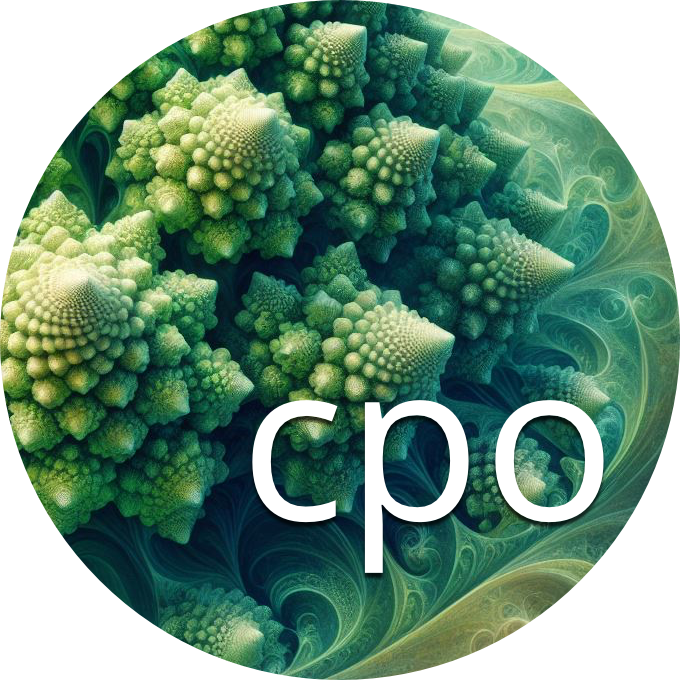Permaculture Design: On the Practice of Radical Imagination
Abstract
Permaculture design is a concept that aims at transforming not only agriculture, but also city planning, architecture, development, etc. In short it aims to change human habitats. It is part of a new ecological paradigm that is currently spreading in popularity from the urban gardening movement to various other alternative movements such as the slow movement, sustainable architecture, etc. Permaculture design defines itself as building on systems theory (as formulated in particular by Howard Thomas Odum and Christopher Alexander). However I would like to propose that the afterlife of systems theory as expressed in the concept of permaculture, first developed by Bill Mollison and David Holmgren, should not only be sought in theoretical and analytical discourse. Instead we can understand permaculture as a form of figurative, ecological reasoning; a form of radical imagination drawn from the composite knowledge of a heterogeneous network of actors. Permaculture is thus neither a branch of environmental science nor an environmental political movement. Rather the philosophy of permaculture design questions the division between theory and practice or between rationality and sensibility. In permaculture design, these modes of knowledge are inextricably linked in explorations of patterns.
In this article, I attempt to delineate the ways in which permaculture design is rooted in the practical knowledge of systems. I shall limit myself to exploratory drilling, as it were, in three aspects of permaculture design thought. First, I describe permaculture thought as a form of practical knowledge that generated through a kind of visual thinking in patterns. Second, I describe permaculture thought as a type of thinking in which radical imagination and speculation play an active role. Third, I present permaculture thought as systems theory thought. However it departs from the idea of control inherent to systems theory, drawing instead from the equally popular (and colorful) Gaia hypothesis, which posits Earth as an intelligent, material assembly that modifies thought processes.
Note: Download statistics restarted from zero effective January 1, 2024. Please follow this link to see cumulative download statistics from our previous publishing platform: CPO Download Statistics 2012 - 2023
Keywords: Permaculture, ecological movement, ecology, system theory, Gaia, intelligencing, wild thinking
How to Cite:
Rothe, K., (2014) “Permaculture Design: On the Practice of Radical Imagination”, communication +1 3(1). doi: https://doi.org/10.7275/R58913S2
Downloads:
Download PDF
View PDF
2079 Views
211 Downloads
